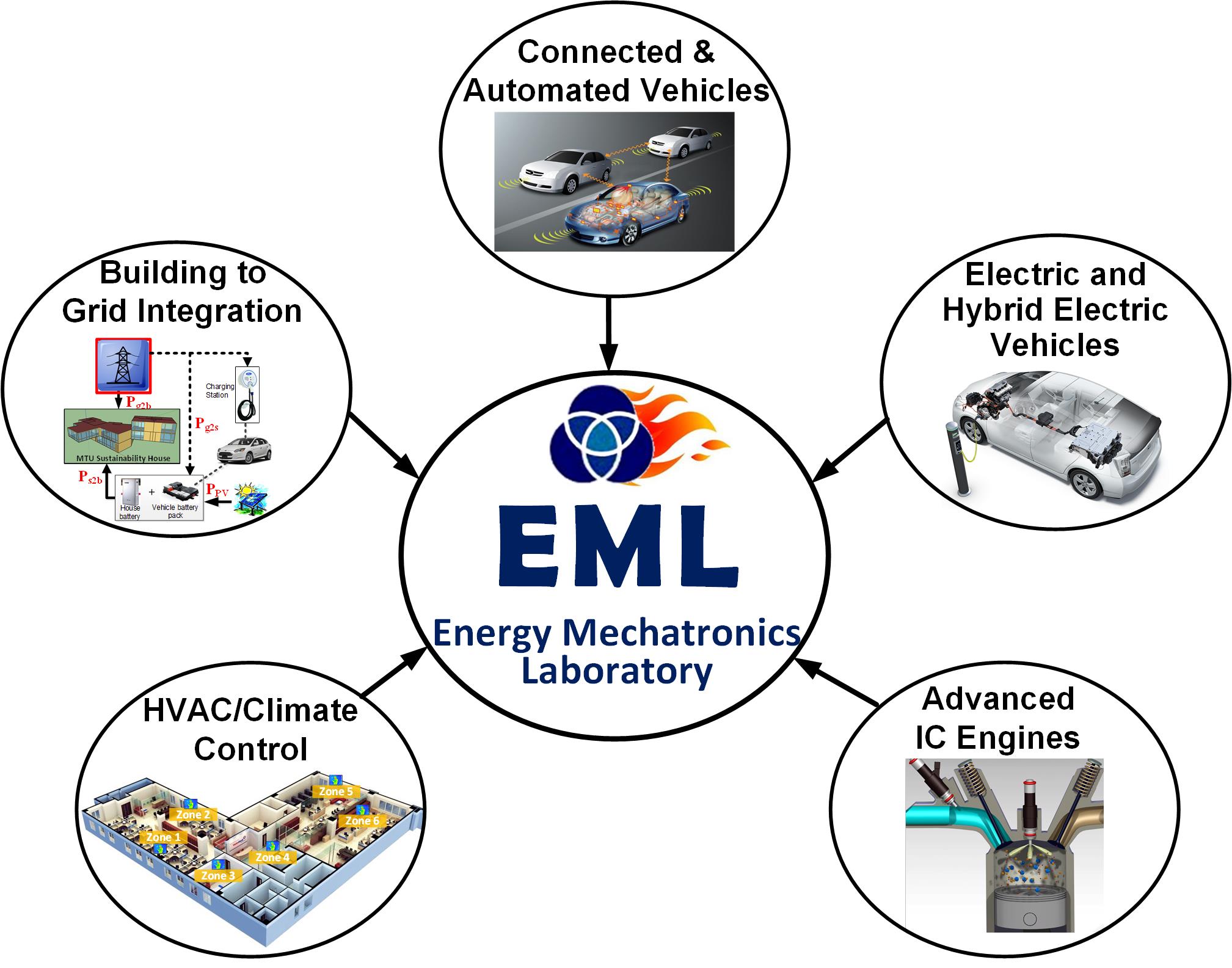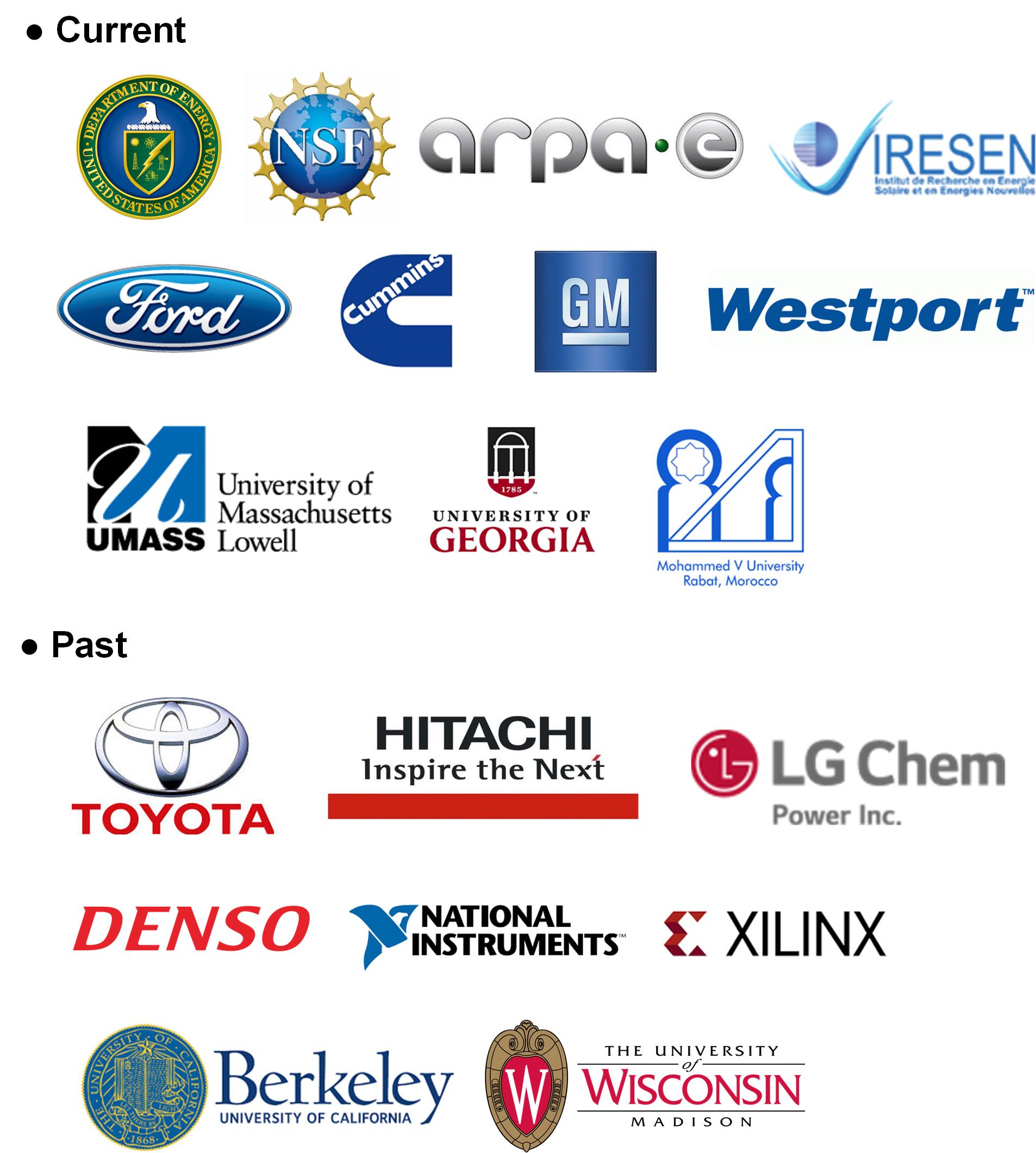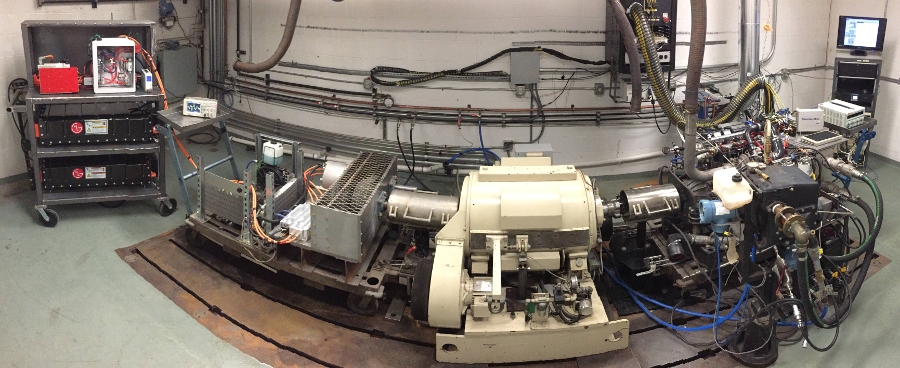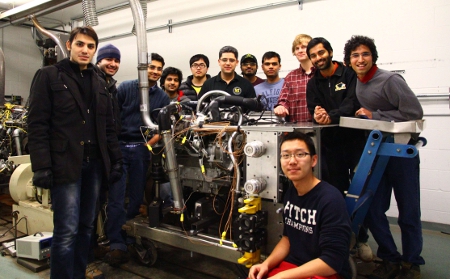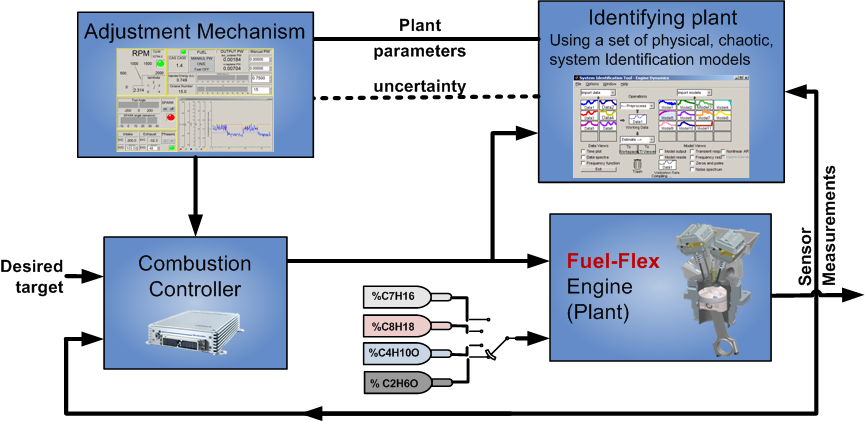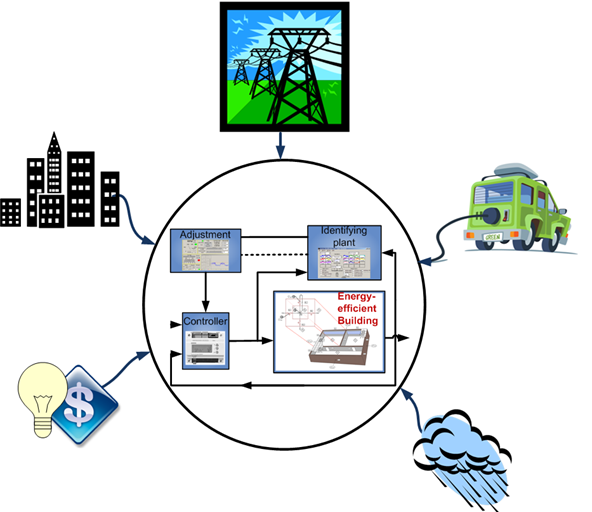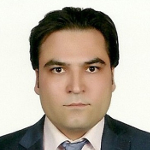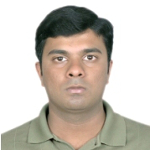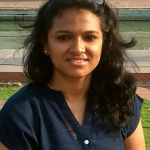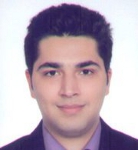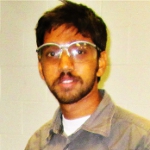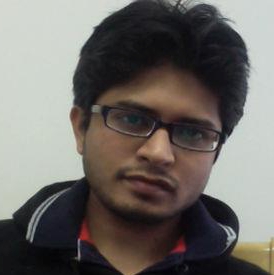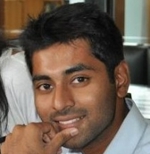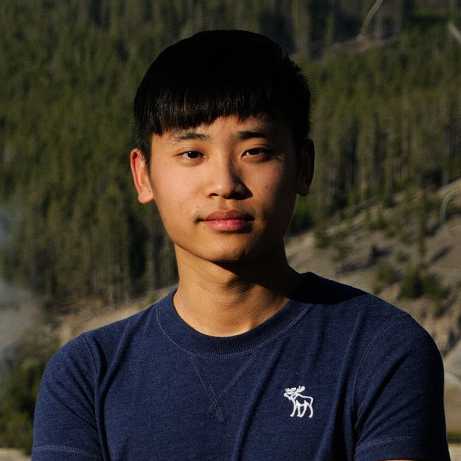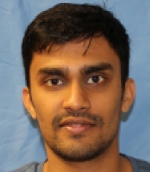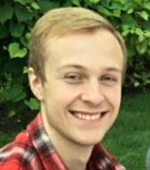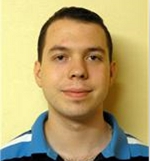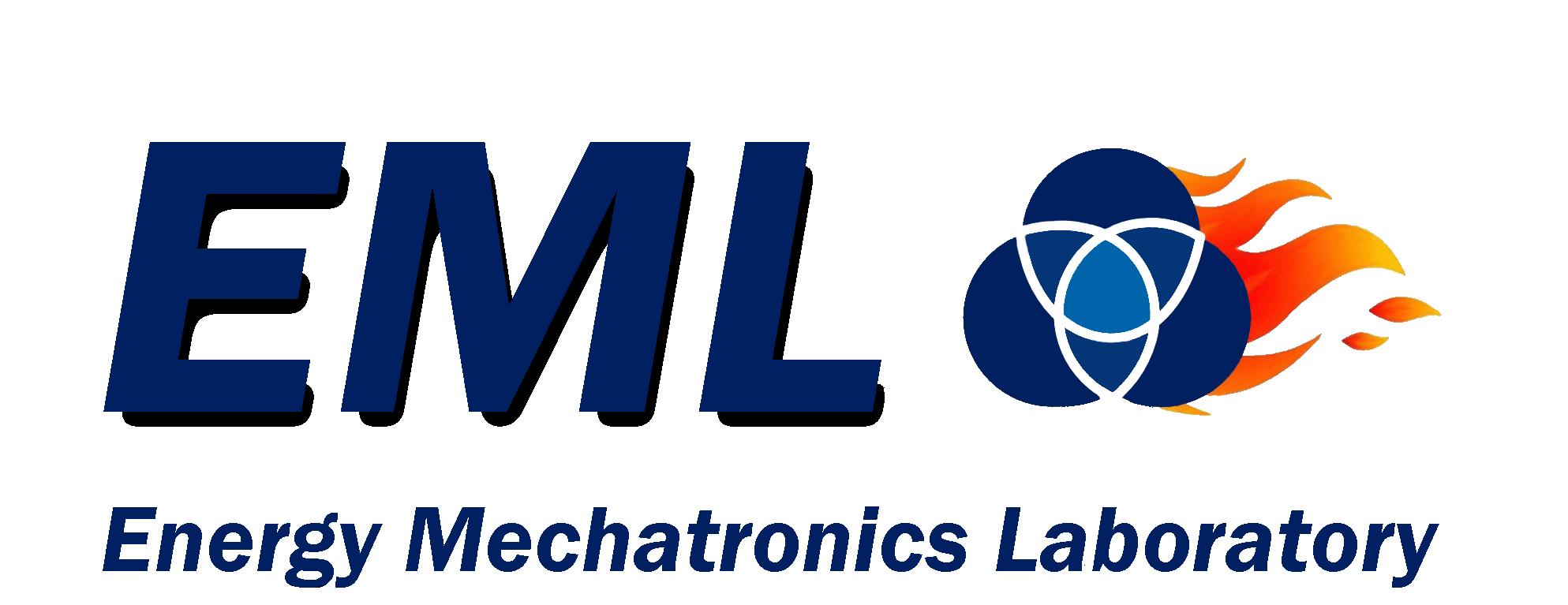
| Energy Mechatronics Lab. | ||||||||||||||||||||||||||||||||||||||||||||||||||||||||||||||||||||||||||||||||
Energy Mechatronics Laboratory (EML) focuses on increasing efficiency of energy systems through utilization of advanced techniques of control, modeling, estimation and diagnosis. Our research includes both theoretical and experimental aspects of energy systems, ranging from theoretical modeling of the systems to real-time implementation of energy controllers.
Current research involves the transportation and building sectors which account for 68% of total consumed energy in the United States. In the following, a brief overview of some of our ongoing research projects are provided. |
||||||||||||||||||||||||||||||||||||||||||||||||||||||||||||||||||||||||||||||||
|
||||||||||||||||||||||||||||||||||||||||||||||||||||||||||||||||||||||||||||||||
|
||||||||||||||||||||||||||||||||||||||||||||||||||||||||||||||||||||||||||||||||
Hybrid Electric Vehicles (HEVs) Hybrid electric powertrain using a fuel adaptive LTC engineCurrent HEVs use spark ignition or compression ignition (diesel) engines. LTC engines have a higher thermal efficiency than typical gasoline and diesel engines. In addition, nitrogen oxides and soot emissions are negligible in LTC engines. Designing HEVs which utilize LTC engines at their optimum operation points will significantly improve fuel economy of HEVs while maintaining low vehicle emissions. One major challenge for realizing LTC HEVs is control of complex behavior of LTC engines during transient operation. This challenge can be tackled by designing control strategies which utilize an electric motor to provide required torque during transient operation and relying on an LTC engine for steady-state mid-to-high load operation. Our research focuses on modeling and mode-based control of energy management in LTC HEVs. The domain of this research covers a large range of HEVs including plug-in hybrid drive-trains.
Model-based condition monitoring of components in hybrid powertrainsOur research focuses on model-based condition monitoring of hybrid powertrains. Observer based fault detection techniques are developed to increase reliability of hybrid powertrains and also to address on-board diagnostics (OBD) requirements. In addition to physical models, embedded dynamic neural network monitoring models are developed to identify a faulty change in system parameters. These techniques will be applied for condition monitoring of components in hybrid powertrains (e.g. condition monitoring of battery state-of-health).
LTC combustion controlLow temperature combustion (LTC) includes lean burn or highly diluted, advanced combustion modes with combustion temperature typically below 1800 K (i.e., NOx formation temperature). These low-NOx combution modes have the hybrid features of spark-ignited and diesel engines. Similar to spark-ignited engines the air-fuel charge is premixed or partialy premixed, and similar to diesel engines the air-fuel mixture is ignited through compression ignition. The LTC engines have faster burning rate compared to conventional engines, leading to some of the highest recorded thermal efficiency (thus low CO2 emissions). In addition, particulate matters (PM) is negligible in the LTC engines since combustion regime is mostly premixed. The term LTC encircles a family of engine technologies including reactivity controlled compression ignition (RCCI), premixed charge compression ignition (PCCI), and homogenous charge compression ignition (HCCI).
Proper operation of LTC engines requires an in-depth understanding of the combustion and development of practical control techniques to optimize engine combustion particularly during transient engine operations. EML scholars are working on developing computationally efficient LTC combustion models that can be used for control applications. The combustion models are then used to develop within-cycle or next-cycle combustion control strategies.
Intelligent control of fuel flex powertrain in an adaptive frameworkCurrent vehicles only work with a certain range of fuels for which the internal combustion engine is calibrated. Future advanced drive-trains should be fuel flexible and should address the transition towards a range of renewable/alternative fuels. Our research centers on design of drive-train control strategies that can adapt to variable fuel chemistries.
Novel adaptive techniques for on-board fuel parameter estimation will be developed. The estimated fuel parameters are combined with adaptive drive-train control techniques in order to optimize fuel consumption and to decrease exhaust emissions. This research investigates a range of fuel types including oxygenates (butanol and ethanol), biodiesel, natural gas, hydrogen, and synthetic gas. The main goal is to increase fuel flexibility of drive-trains, so they can run with fuel sources which are locally available at the locations where the vehicles are utilized.
Buildings to Grid Integration (B2G) Adaptive energy control of building in smart gridHeating, ventilation and air-conditioning (HVAC) systems consume over 60 percent of energy in buildings and over 92 percent of energy in commercial buildings. Energy-optimal operation of HVAC systems can significantly reduce building energy usage, decrease peak electrical demand, and lower building carbon dioxide emissions. In our research, advanced model-based control techniques are developed to optimize building energy usage while maintaining conditions to meet human comfort and address CO2 emission constraints. Building parameters such as thermal capacity of walls vary from one building to another. The variability in building model parameters causes a major challenge for designing accurate model-based energy controllers. Adaptive parameter estimation techniques are developed for real-time identification of building parameters to remove model deficiencies. Adaptive HVAC controllers, integrated with real-time parameter estimators, are designed to optimize energy consumption in buildings.
Connection of a building to a smart grid brings a challenging opportunity for the building adaptive energy controller. The controller can optimize both the energy use and the energy cost, and also reduce the total energy demand of the building in the peak hours. The controller should consider electric load variation in the building and energy price variation in the smart grid. An optimal self-tuning control framework is designed to minimize energy consumption in buildings.
Post Doctoral Researchers
Short Term Scholars
Alumni - Thesis Students PhD Graduates
MSc Graduates
Alumni - Short Term Scholars
Alumni - Visiting Scholars
|
